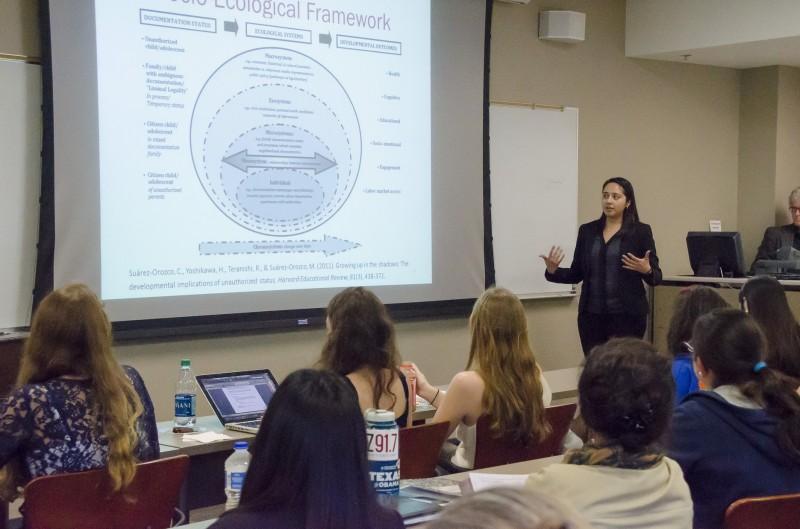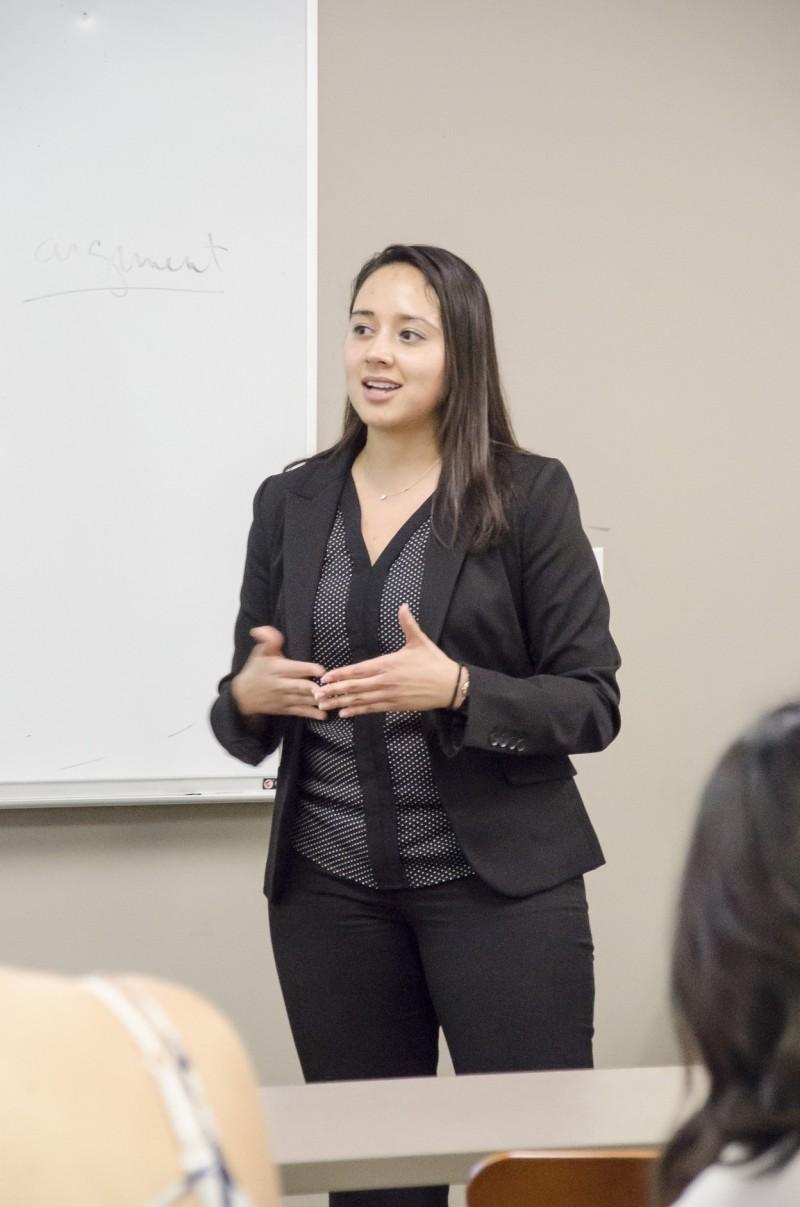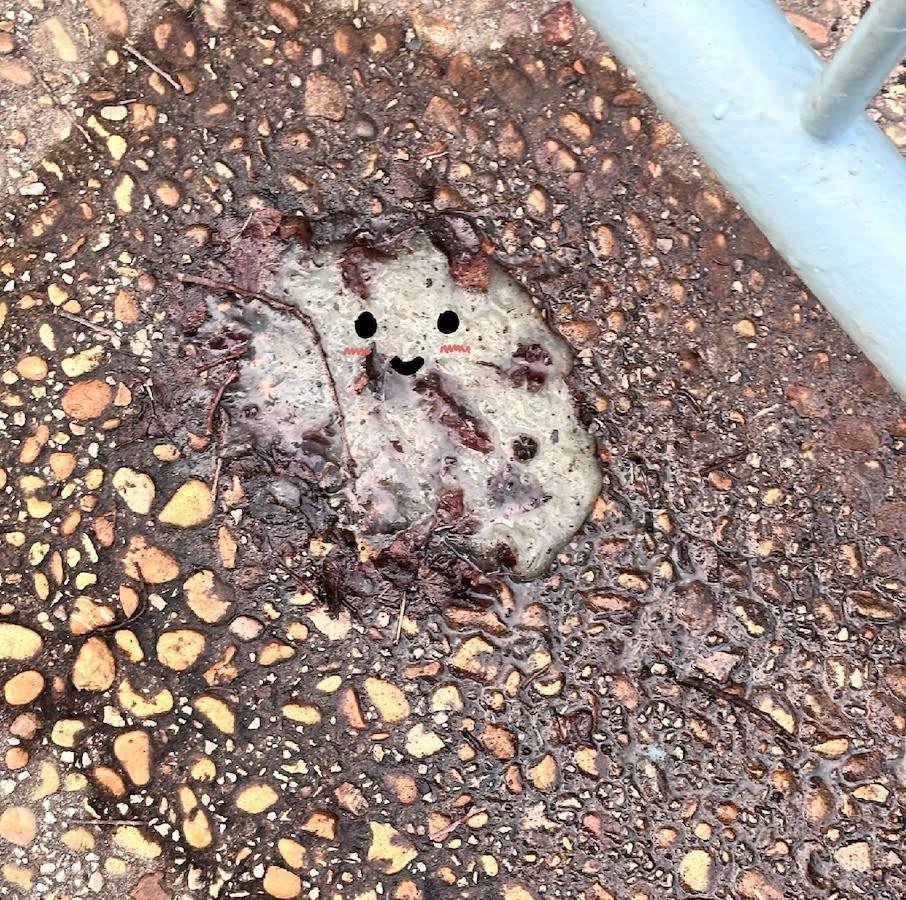At 5 p.m. on Tuesday, Feb. 10, Trinity alumna Sofia Bahena gave the lecture titled “Hope in the Shadows: How Schools Can Support Undocumented Youth” sponsored by the Mexico, Americas and Spain program, the department of education and the department of sociology and anthropology. Bahena graduated from Trinity in 2006 with degrees in business administration and sociology, and went on to earn her doctorate from the Harvard Graduate School of Education.
“The question for me was what leads some undocumented students to be more hopeful and what leads from undocumented students to be less so? An individual’s trajectory or outcome is a result of their interaction with their environment, community and context. It’s never just their individual traits or their social context; it’s this interaction between an individual and the environment,” Bahena said.
After finding research that undocumented students outperform many students born in the United States, Bahena continued along this path to find out why this is and the different ways to measure what motivates certain students to achieve more than others.
“Something that stood out to me was the salience of resistance and the salience of optimism and to beat the odds and do better than what is expected,” Bahena said.
After completing her dissertation and earning her doctorate less than a year ago, Bahena now serves as an education associate at the Intercultural Development Research Association in San Antonio. Bahena spoke briefly about her role at IDRA and their mission.
“Our mission is to ensure equal education opportunity to all children. Our focus is students from low-income families or students that we feel are marginalized and not served as well by the education system,” Bahena said. “We have a very holistic approach to education reform. We really try to get at the practice side, and we work with teachers, families, communities and we also do policy work and try to inform policy via research.”
Chair and professor of anthropology and sociology, David Spener, sees huge value in bringing an alumnus to speak to current students about recently completed research and all that it entails.
“One of the motivating factors for having her come was so many of our anthropology and sociology students have taken research methods courses and we thought it would be interesting to have a presentation that involved how somebody conducting their first major independent research project went about doing it and what some of the challenges were,” Spener said. “Also how she went about doing her data analysis and how her thinking changed as she was going through the process and also how it also pointed toward some other directions for research.”
For most who pursue a Ph.D., the path brings them into academia and becoming college professors; however, Bahena wanted to continue research in a more personal setting with her community rather than work at a university.
“For me it was very important to feel like I was connected to the community,” Bahena said. “I wanted to feel like I was contributing and giving back, and I didn’t want to interact with my community as a researcher only. I wanted to interact with my community as a member, especially in San Antonio because I am native to the city.”
Students were also able to take away the ways in which statistical analysis courses have application in research studies at a high academic level such as in Bahena’s work.
“This lecture was very interesting because it helped me, as a sociology student, see what I might be able to do with my degree in terms of research instead of academia. Also, because I am taking statistics right now, it was interesting to see that what we are learning can actually be applied to real research,” said junior Sarah Friedlander, sociology major and education student.
Bahena detailed how her time at Trinity prepared her for graduate school and said that she is excited to be back in her hometown of San Antonio, working to ensure equity in education.









